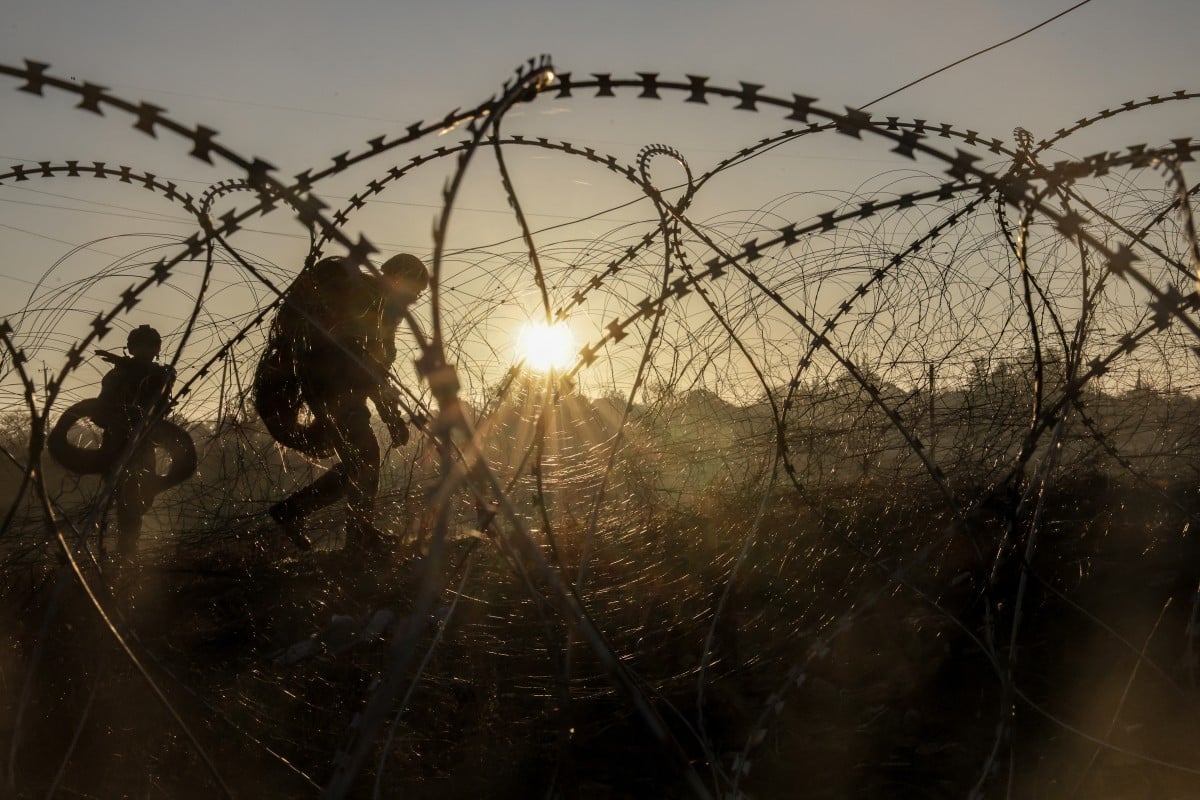
This handout photograph taken and released by the Press service of the 24th mechanized brigade named after King Danylo of the Armed Forces of Ukraine on October 30, 2024 shows engineers of the 24th mechanized brigade named after King Danylo installing razor wire along the frontline in the Donetsk region, amid the Russian invasion in Ukraine. Agence France-Presse
UNITED NATIONS — United Nations Secretary-General Antonio Guterres was “very concerned” on Sunday about reports that North Korean troops have been sent to Russia, and at their possible deployment to the conflict zone of Ukraine.
“The Secretary-General is very concerned about reports of troops from the Democratic People’s Republic of Korea being sent to the Russian Federation, including their possible deployment to the conflict zone,” said Stephane Dujarric, the UN chief’s spokesman.
US intelligence has said North Korean forces have made their way to Russia’s Kursk border region, with Washington and Seoul urging Pyongyang to withdraw its troops.
READ: North Korean troops in Russian uniforms are heading toward Ukraine, US says
North Korea and Russia have not denied the troop deployment reports, with the grinding war in Ukraine still ongoing more than 2.5 years after Moscow invaded its neighbor.
US Secretary of State Antony Blinken said Thursday the deployment of North Korean troops against Ukrainian forces could happen “in the coming days.”
On Sunday, Guterres said such a deployment would be “a very dangerous escalation” of the war in Ukraine.
READ: North Korea says will stand by Russia until ‘victory’ in Ukraine
“Everything must be done to avoid any internationalization of this conflict,” he said, while reiterating a call for “meaningful efforts” to end the war.
North Korea and Iran have emerged as Russia’s main backers in Ukraine, with both believed to be supplying Moscow with military hardware.
Pyongyang is widely believed to be offering military support in return for Russian nuclear technology.